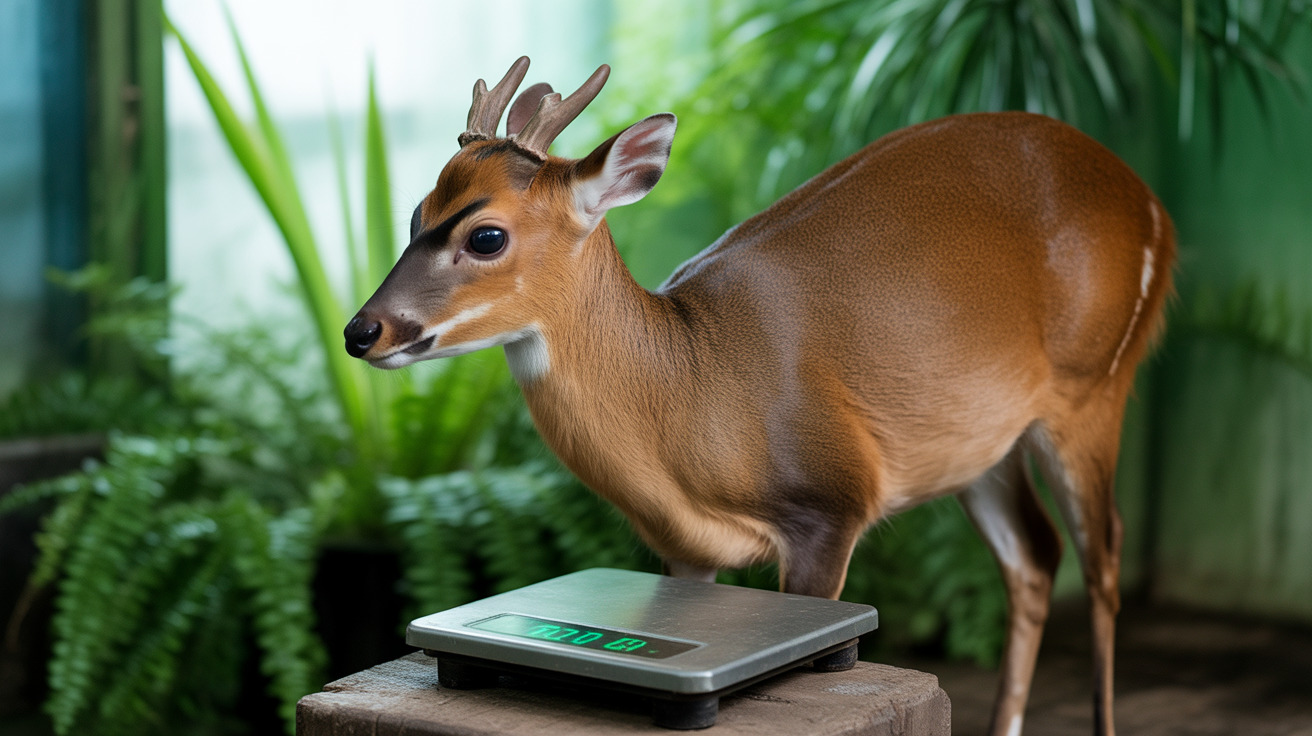Many pet owners consider doggy daycare as a convenient solution for their furry friends during long workdays. However, beneath the surface of seemingly fun group play environments lie significant risks that every responsible dog owner should understand. Before making the decision to enroll your dog in daycare, it's crucial to examine the potential drawbacks that could impact your pet's physical and emotional well-being.
As a pet care professional, I've closely studied the doggy daycare industry and uncovered critical insights that every dog owner should know. This comprehensive guide will help you make an informed decision about whether daycare is truly the right choice for your canine companion.
Hidden Dangers of Inadequate Supervision
One of the most significant concerns with doggy daycare facilities is the lack of proper supervision. Many centers operate with minimal staff-to-dog ratios, creating an environment where individual dog safety becomes compromised. Untrained or inexperienced staff members may fail to recognize early signs of stress, aggression, or potential conflicts between dogs.
Imagine a scenario where multiple high-energy dogs are left with minimal oversight. Without constant, skilled monitoring, small disagreements can quickly escalate into dangerous confrontations. Dogs rely on careful management and intervention to maintain a safe play environment, and this level of attention is often missing in many daycare settings.
Health Risks in Group Settings
Doggy daycare facilities can become breeding grounds for potential health issues. The close proximity of multiple dogs increases the risk of disease transmission, with conditions like kennel cough spreading rapidly in poorly sanitized environments. Furthermore, not all facilities maintain rigorous cleaning protocols, exposing your dog to unnecessary health risks.
Disease Transmission Concerns
- Respiratory infections spread quickly in group settings
- Limited vaccination verification can increase disease risk
- Close contact increases chances of parasitic transmission
Psychological Impact of Overstimulation
While some dogs might appear to enjoy daycare, the constant stimulation can be psychologically overwhelming. Large groups of unfamiliar dogs create high-stress environments that can trigger anxiety and long-term behavioral changes. Some dogs may become increasingly reactive or develop fear responses after repeated daycare experiences.
Signs of Daycare-Induced Stress
- Excessive panting
- Withdrawal or aggressive behavior
- Changes in sleep patterns
- Increased anxiety at home
Screening and Compatibility Challenges
Not all doggy daycare facilities implement comprehensive screening processes. Without proper assessment, incompatible dogs might be grouped together, creating potential conflict zones. Aggressive or highly anxious dogs may not be appropriately managed, putting other dogs at risk.
Safer Alternatives to Traditional Daycare
Fortunately, dog owners have several alternatives that can provide mental stimulation and socialization without the risks associated with traditional daycare:
- Hire a professional dog walker for individualized attention
- Arrange supervised playdates with known, compatible dogs
- Invest in interactive toys and home-based mental stimulation
- Consider part-time dog training or smaller, more controlled playgroups
Frequently Asked Questions
What are the potential risks of sending my dog to daycare?
Potential risks include disease transmission, psychological stress, potential physical injuries, and behavioral changes due to overstimulation and inadequate supervision.
How can I tell if a doggy daycare facility is safe and well-supervised?
Look for facilities with low dog-to-staff ratios, clear vaccination requirements, visible cleaning protocols, separate play areas for different dog sizes/temperaments, and staff with professional pet care certifications.
What alternative options are available if doggy daycare isn't suitable for my dog?
Consider professional dog walkers, at-home pet sitters, smaller supervised playgroups, interactive home toys, and structured training programs that provide mental and physical stimulation.
How might doggy daycare cause stress or anxiety in my dog?
Constant exposure to unfamiliar dogs, loud environments, limited personal space, and lack of individual attention can trigger stress responses, potentially leading to long-term behavioral issues.
Are there specific dog breeds or temperaments that do better in daycare settings?
Generally, well-socialized, medium-energy dogs with stable temperaments adapt better. High-anxiety, very young, elderly, or extremely dominant dogs might struggle more in group environments.






